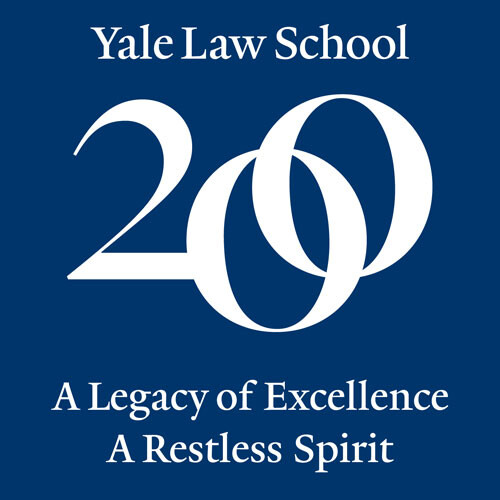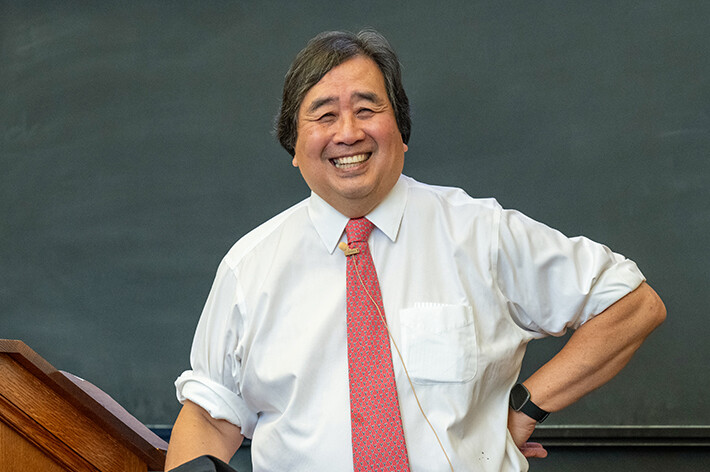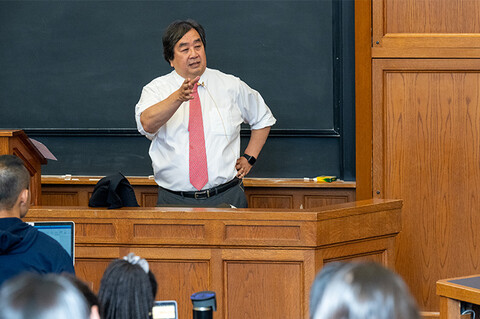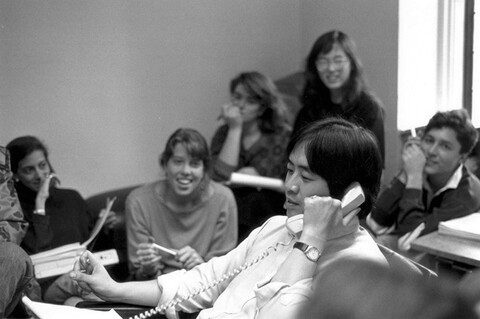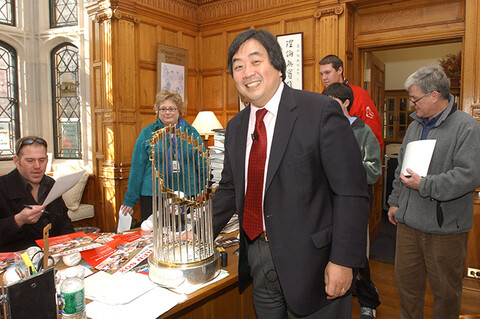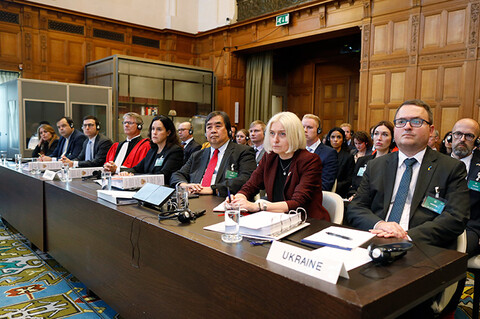How do you think the Law School was able to go from being a tiny place that at several points in our history almost didn’t survive to the best law school in the world that has shaped legal education?
There are the timeless things, and there are the fortuitous things. The timeless things are our values, three of them in particular: individual excellence, collective excellence driven by shared values, and a community of commitment. The fortuities, I think, are driven by the fact that human beings have lifetimes and thus there are opportunities that come only once a generation. Yale Law School, in my lifetime, has had four big generational moments.
One was the ’60s, when Eugene Rostow ’37 became dean. Many of the faculty stalwarts who had made the School great suddenly retired, and he had the opportunity to make 18 appointments. One day he said to the younger faculty he appointed, “My flag flies on you,” which means, “It’s up to you. If you are who I think you are, we’ll be a great school. If not, we will have missed this opportunity.” The faculty he appointed, who included such giants as Guido Calabresi ’58, Alex Bickel, Charles Black ’43, Boris Bittker ’41, Ellen Peters ’54, Tom Emerson ’31, and many others, established Yale Law as the leading intellectual law school.
Koh with students in the Lowenstein International Human Rights Clinic working on a Haitian refugee case in 1992.
The next period came in the late ’70s, early ’80s, when there was a lot of unrest at law schools nationwide. There was the rise of the critical legal studies movement, and what they called “the purge,” where a lot of the younger, untenured faculty were denied tenure. Faculty who had been appointed by Rostow thought the School needed to have younger people teaching, so starting in the early ’70s they hired young, tenured professors who were the rising stars at rival schools. That era brought to the School new giants like Bruce Ackerman ’67, Owen Fiss, Bo Burt ’64, Jerry Mashaw, Michael Reisman ’64 LLM, ’65 JSD, Mirjan Damaska, and others who built the faculty I was honored to join in 1985.
Meanwhile, the University was undergoing a financial crisis. The buildings were collapsing. There were constant labor struggles. Then the third generational moment came when Guido Calabresi became dean in 1985. In many respects, the school had lost its morale, but Guido was like the Music Man, and the Music Man always believes there’s a band. Guido believed there was a timeless and unique Yale Law School, and if you bought into that vision, you could make it happen. And he did, followed by Tony Kronman, who brought to the faculty leading figures like Carol Rose, Drew Days ’66, John Langbein, Bob Ellickson ’66, Alan Schwartz ’64, and Bob Gordon, as well as younger faculty like Akhil Amar ’84, Stephen Carter ’79, Paul Kahn ’80, Kate Stith, Roberta Romano ’80, and myself. And he launched the financial campaign that renewed us, and he and Tony worked together to restore our remarkable home.
When I became dean in 2004, a fourth “moment of renewal” began, which continues today through the deanship of Dean Gerken, with more exciting faculty, the leading clinical program, a second law school building just next door, and an even more diverse, equal, inclusive, and public-spirited community. I’ve been here during five decades, and the experience never loses its wonder.
